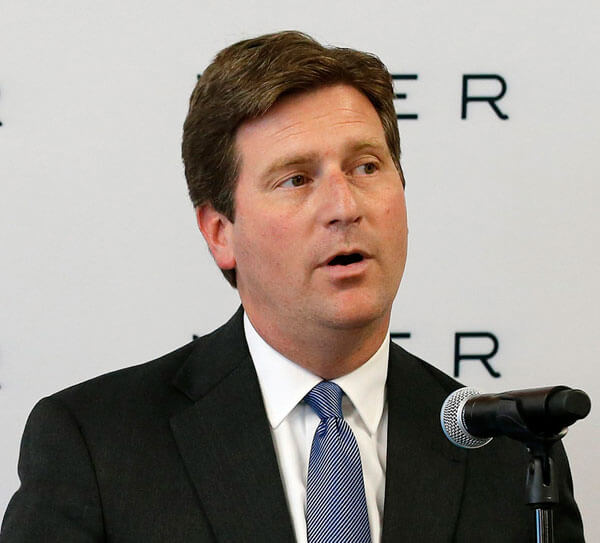In the strange run-up to the presidential election that the 2016 version is proving to be, one primary contest recently, in Arizona, gave us a dramatic sampling of the legacy of the late Supreme Court Justice Antonin Scalia — a reminder of the kind of backward-looking action for which Scalia and his conservative-bloc court brethren were responsible. According to reports, voters waited in line to cast their ballots for up to five hours in the March 22 primary, some of them naturally opting to leave, rather than subject themselves to such an unbelievably chaotic election-day happening.
As it turned out, it was in Maricopa County, the state’s largest, that this mess unfolded, the county also being, by curious circumstance, home to the state’s most populous concentration of Latinos. And the reason voters were put through unnecessary inconvenience on that scale was a deliberate move by the state to drastically reduce Maricopa County’s polling places. From 200 polling sites in 2012, the Republican-controlled legislature voted to reduce them to 60 for this year’s voting. Meaning that in the county of 4.2 million people, the average number of voters to be serviced by each polling place shot up to approximately 21,000! State lawmakers were able to treat the citizens’ voting privilege in such cavalier fashion because the U.S. Supreme Court, when in 2013 it ruled in favor of a right-wing attempt to gut the Voting Rights Act, opened the door for such a travesty as happened in Arizona and could well be replicated elsewhere.
In this particular assault on the Voting Rights Act, conservatives got Scalia and his ideological allies to vote for rolling back the provision that required certain states, known to have a history of suppressing voting in minority communities, to seek and obtain federal permission before any changes in voting procedure could be made. With the high court’s removal of the so-called “preclearance” provision, Arizona Republicans could proceed to cause Maricopa County, with its hefty Latino population, to experience a living hell just to exercise their suffrage. It was all intended simply to save money, the agents of this mischief claimed. But there was too much walking and talking like a duck here for that tired line to register favorably.
Small wonder that calls for the Justice Department to investigate what went down came from Phoenix’s Mayor Gregory Stanton among others, Phoenix being located in Maricopa County. Stanton is a Democrat but ideally, political affiliation shouldn’t dictate reaction to the inexcusably long delays those voters faced. No elected official, especially those exercising executive authority over broad territory, should be comfortable with government’s green-lighting of what would have been well known to be a prescription for the election-day disarray that resulted. Supreme Court conservatives notwithstanding, Attorney General Loretta Lynch and her troops obviously need to keep a laser-like focus on all states, particularly those likely to be thinking to pull off shenanigans akin to what was done in Arizona. Of course, when an episode bubbles up, like this insensitive trampling on people’s rights facilitated by the high court, it cannot but pivot to the current court controversy surrounding filling of the seat vacated by Scalia. And with a GOP majority in the Senate seemingly dug in immovably in its refusal to consider the nominee sent up by President Obama, composition of the Supreme Court becomes an even keener concern in the 2016 stakes than it normally is in presidential elections.
When we look at the place in this democracy that the Supreme Court occupies, we will no doubt continue to flinch a bit — at least some of us — as we muse upon the court’s imperfect state. Some of us may dare to imagine a non-politicized high court. Why, we wonder, does it seem pretty much unachievable, the idea of a court whose justices were all in the John Paul Stevens mold — nominated by a Republican president but in his long tenure coming to be recognized as the anchor of a progressive take on the spirit of the law? Or, why not justices who followed the path of Earl Warren, likewise a Republican nominee who as chief justice back in the 1950s, spearheaded one of the most celebrated periods of landmark progressive rulings in the court’s history, including Brown v. Board of Education?
Instead, politics as usual is what we have come to accept as unavoidable reality in the Supreme Court narrative. What happened in Arizona and the role of Scalia and others in making it possible remind us, as we await the filling of that ninth court seat, that politics as usual influencing the court isn’t about to end anytime soon.























